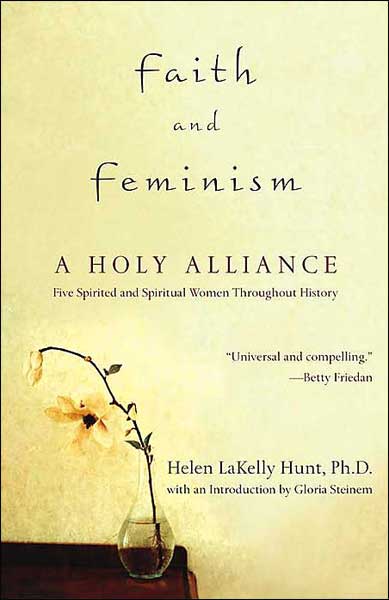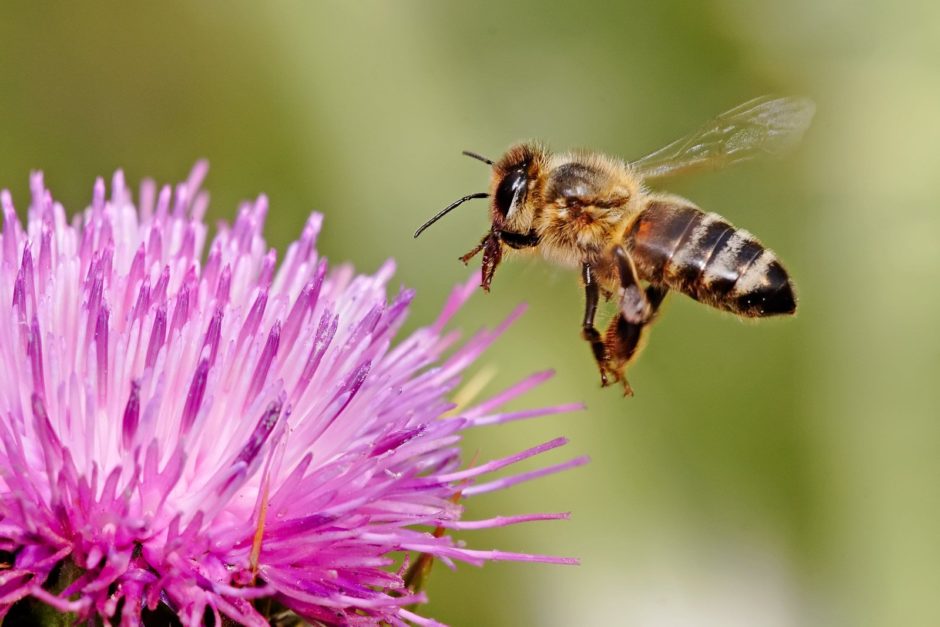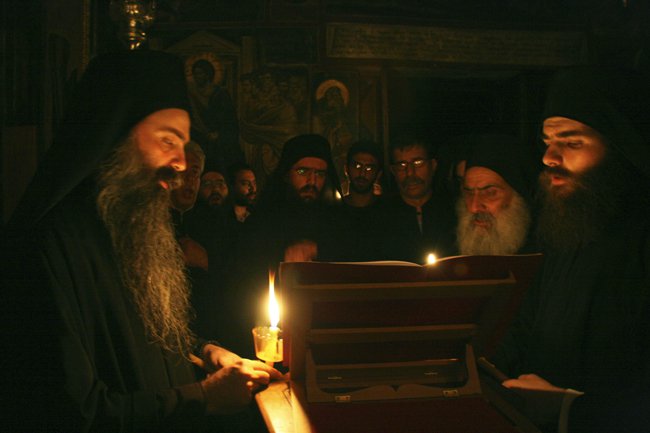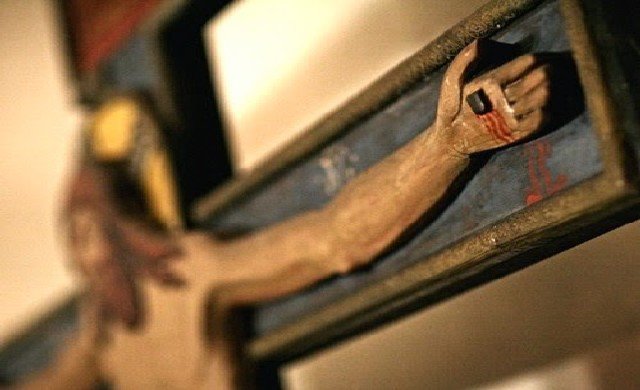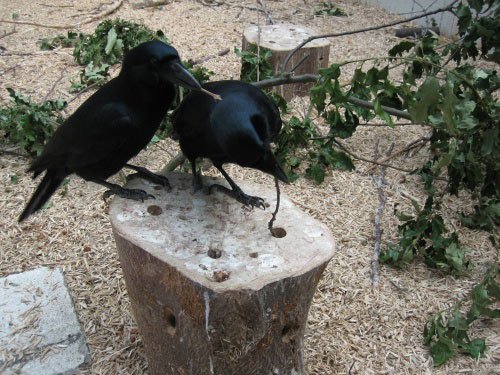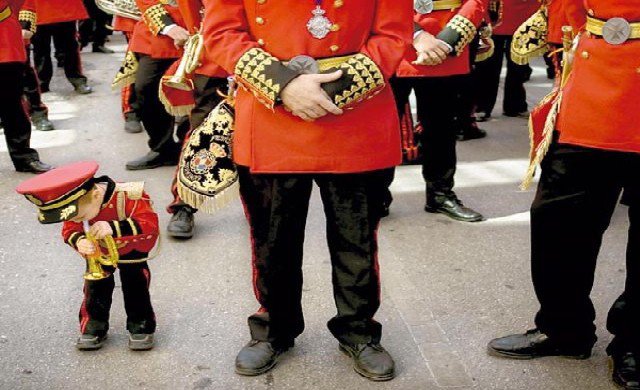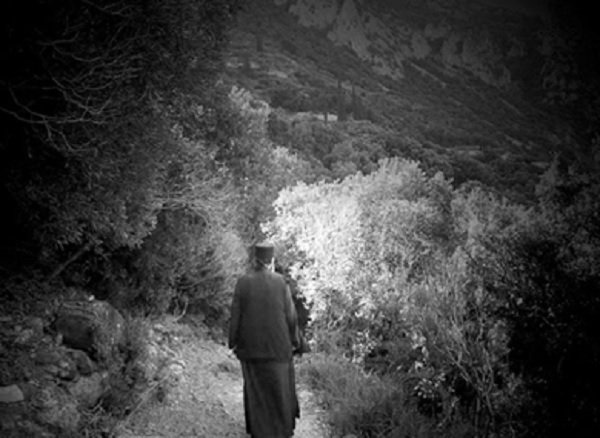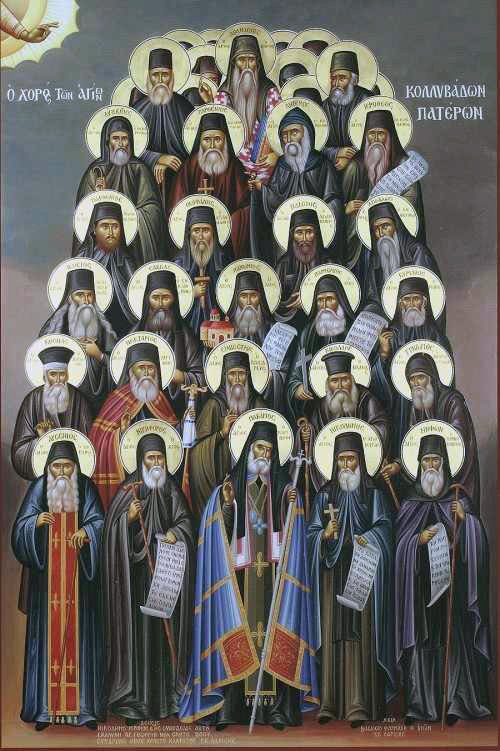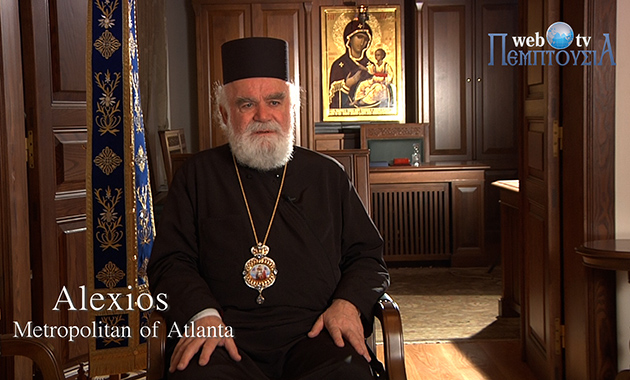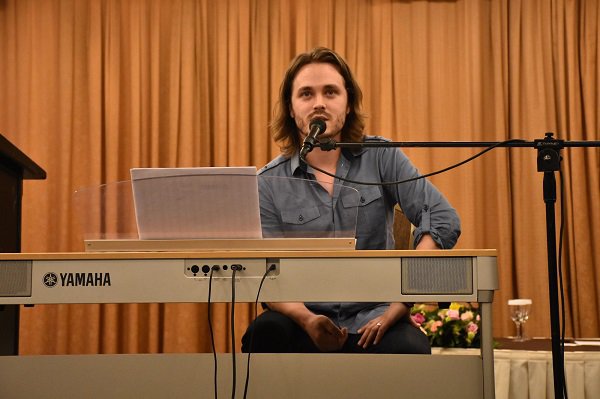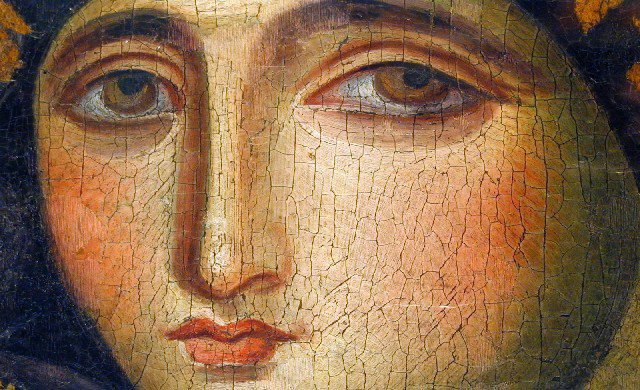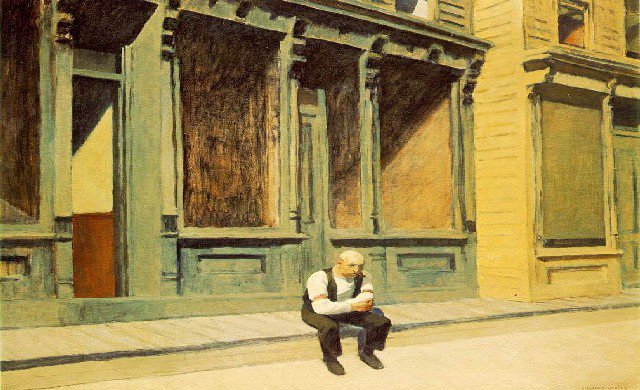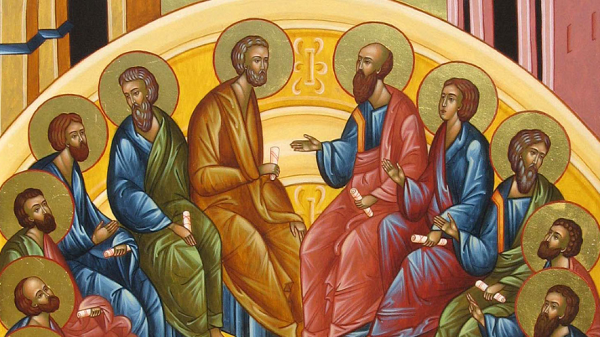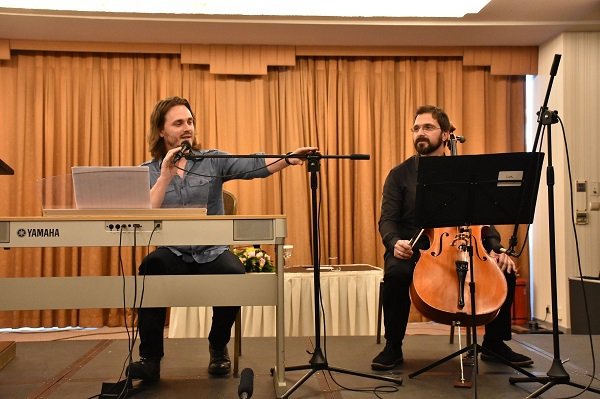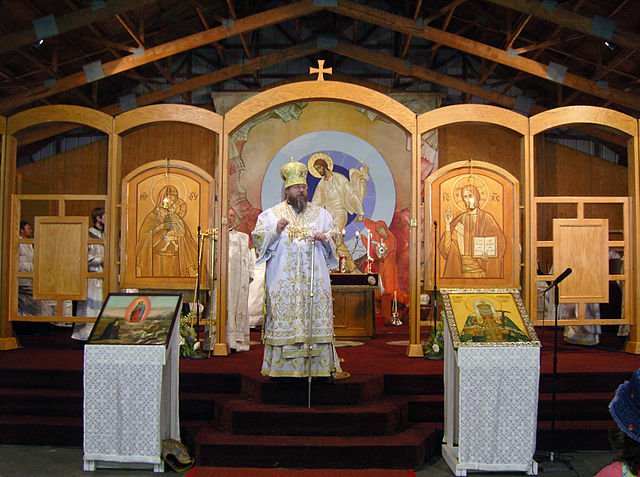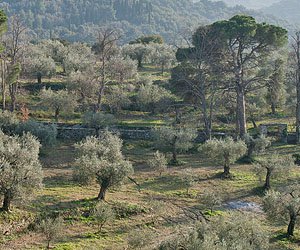
Bishop Ignatius was a prominent Orthodox spiritual writer of nineteenth century Russia. Born of a noble family, he completed an education in engineering in St. Petersburg under the patronage of Emperor Nicholas I and was destined for a brilliant worldly career. Later, as an officer, he chose instead to follow the spiritual yearning of his soul and receive the monastic tonsure, as a disciple of the famous Elder Lev of Optina Hermitage. Well grounded in the ascetic writings of the Holy Fathers, Bishop Ignatius captured the spirit of the ancient patristic and monastic traditions of the Orthodox Church in his own works, written in the most eloquent language of the time. His best known work, The Arena (An Offering to ...

